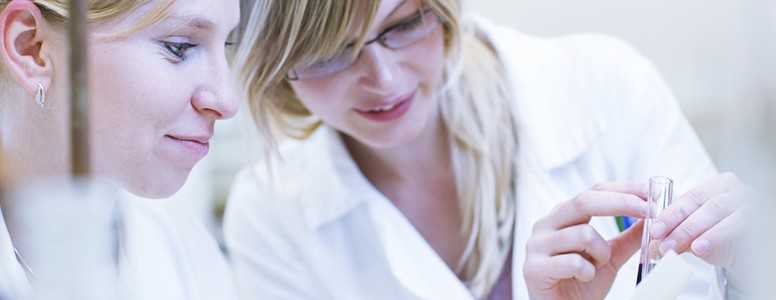A study sheds new light on the way that fatty acids are produced. The study, conducted by researchers at the University of California-San Diego, provides fresh information about the way fat cells use different nutrients to produce fatty acids.
According to the researchers, understanding the production of fatty acids could lead to new treatments for type 2 diabetes and cancer, among other conditions.
Fat cells, amino acids and type 2 diabetes
The researchers found that when fat cells are at an immature stage, they use glucose to fuel their growth. As the cells mature, they also metabolise branched-chain amino acids, a more complex set of molecules than the relatively simple glucose.
The findings are relevant because people with obesity and type 2 diabetes tend to have increased levels of branched-chain amino acids in the bloodstream. According to these findings, this could be because the fat cells are disrupted. The study represents the first step towards understanding the raised levels of amino acids in people with type 2 diabetes.
“The next step is to understand how and why this metabolic pathway becomes impaired in the fat cells of these individuals,” said first author Courtney Green.
How was the study conducted?
The researchers used cultured cells to observe which nutrients the cells metabolised, from immaturity to fully-developed fat cells.
Senior author Christian Metallo, a bioengineering professor at University of California-San Diego’s Jacobs School of Engineering, said: “This study highlights how specific tissues in our bodies use particular nutrients. By understanding fat cell metabolism at the molecular level, we are laying the groundwork for further research to identify better drug targets for treating diabetes and obesity.”
Currently, researchers are unsure of the implications of these findings. It is a preliminary study, a first step towards understanding.
The findings are published in Nature Chemical Biology.
What's new on the forum? ⭐️
Get our free newsletters
Stay up to date with the latest news, research and breakthroughs.





